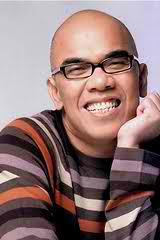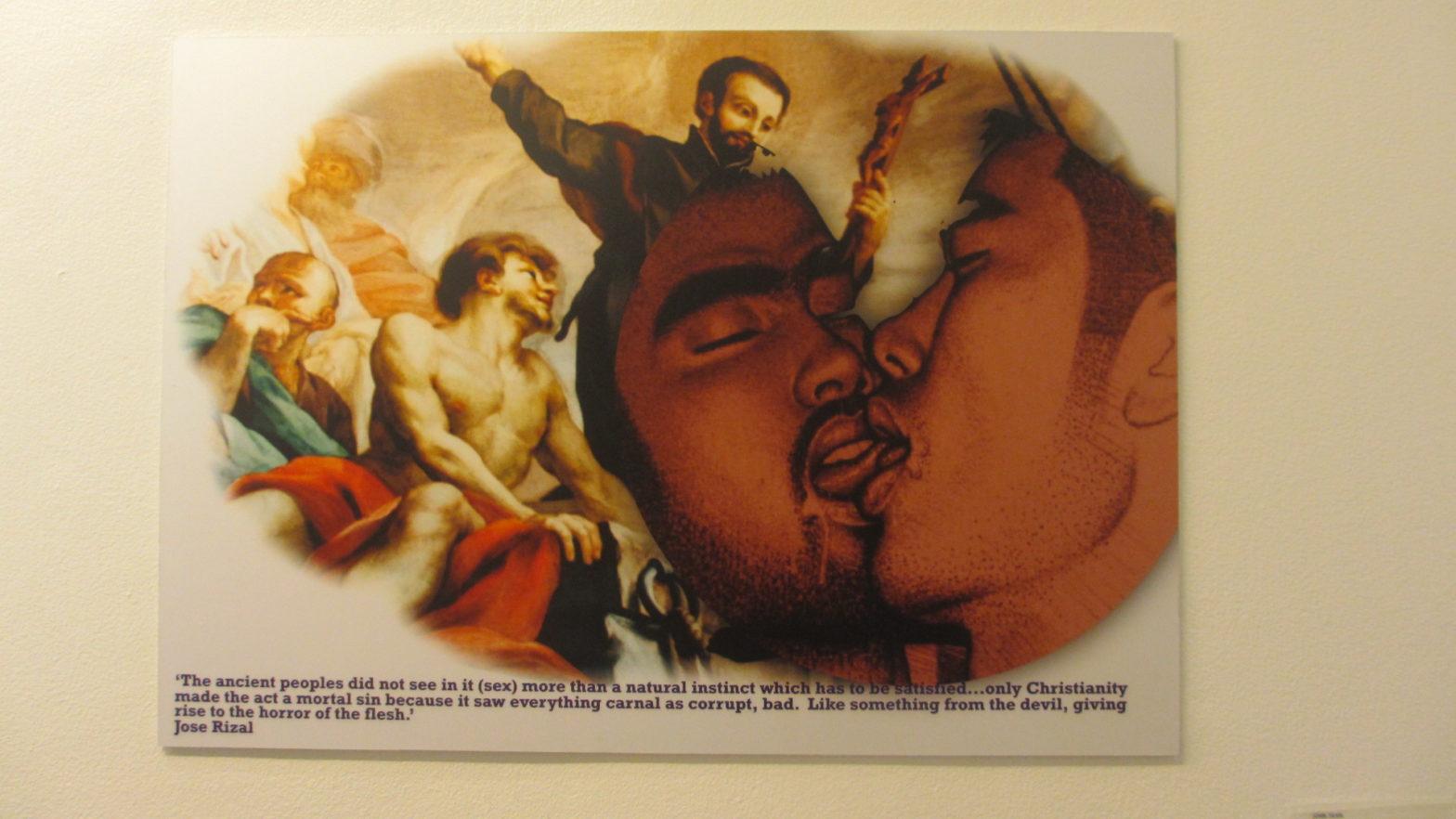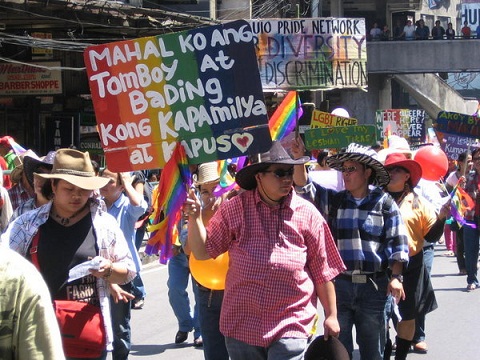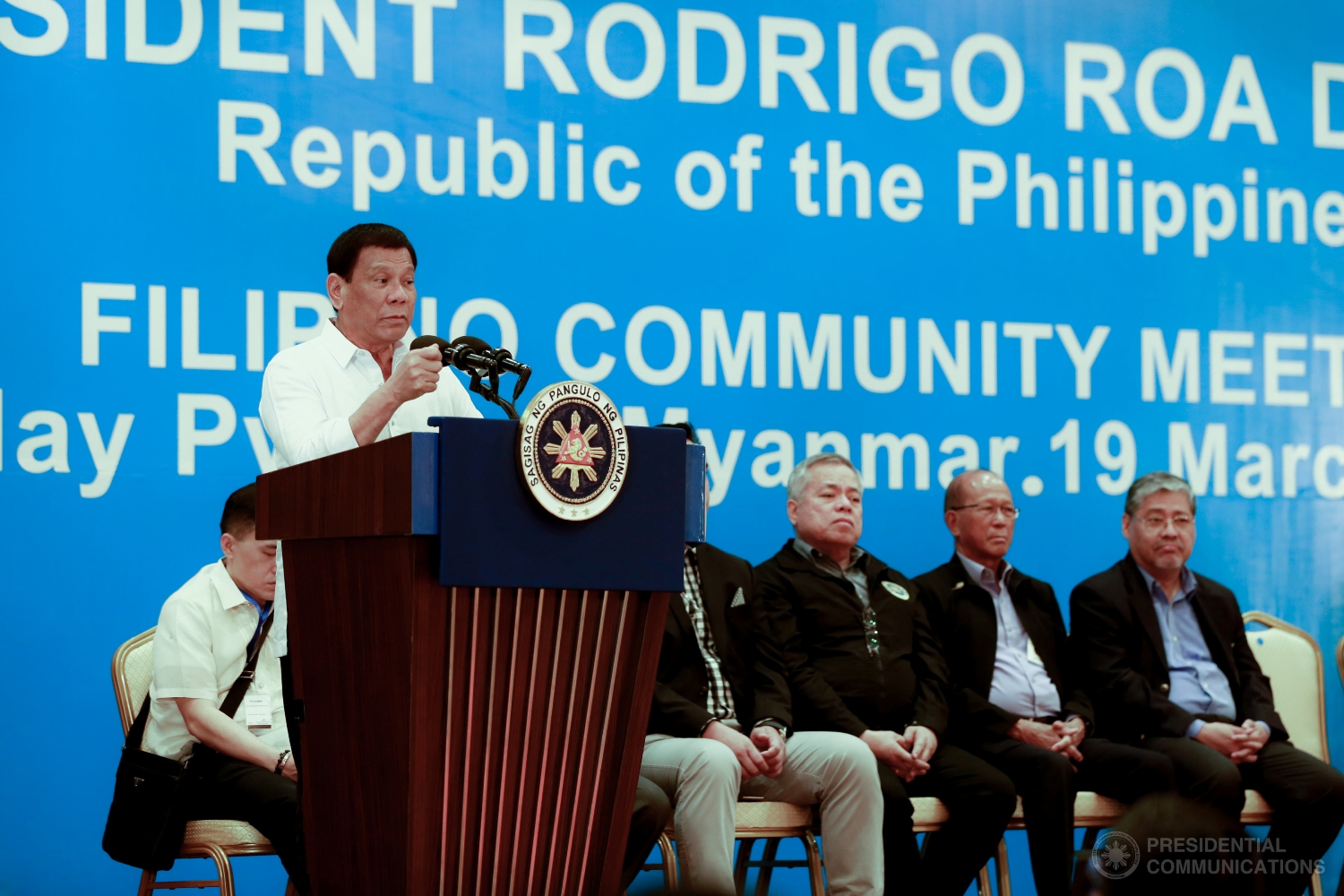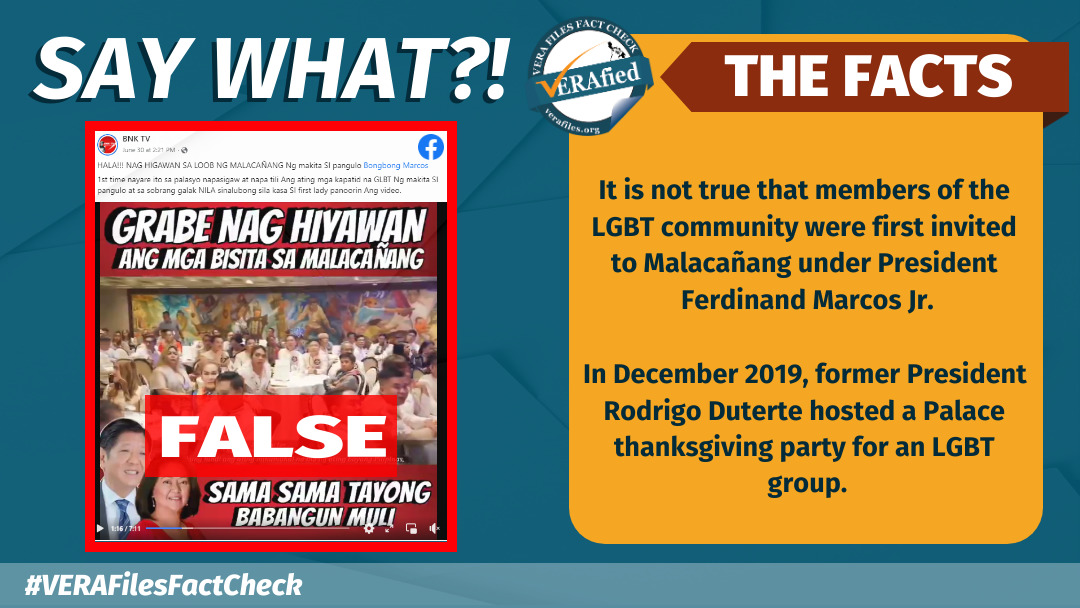By JENNY S. SANTIAGO
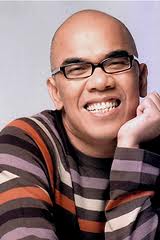 CELEBRITY TV host Boy Abunda has been called the “fifth sister” of President Benigno “Noynoy” Aquino III because of his close ties with the First Family, especially Kris Aquino.
CELEBRITY TV host Boy Abunda has been called the “fifth sister” of President Benigno “Noynoy” Aquino III because of his close ties with the First Family, especially Kris Aquino.
He doesn’t mind being considered as such since he’s openly gay.
Critics also don’t seem to mind Abunda’s “unofficial designation” as the fifth Aquino sister, but his appointment to a government post is another thing.
Abunda and his life partner of more than 25 years Bong Quintana had to defend themselves against criticisms that they were given government positions mainly because of the former’s close relationship with Kris.
Abunda has been named ambassador of the Philippine International Arts Festival by the National Commission for Culture and the Arts (NCCA), while Quintana has been designated assistant vice president for entertainment of the Philippine Games and Amusement Board (Pagcor).
The TV host started getting the flak after President Aquino announced soon after he was installed in Malacanang that Abunda was being considered for a Cabinet post or another government position because of his “strong marketing and communication skills”.
Gay rights advocates said the controversy was a clear case of discrimination against gay couple Abunda and Quintana, whom they believe are both qualified for their designated positions.
“Boy Abunda is smart, but when he was appointed (to a government position), he was called a gay man and was put down,” Germaine Trittle Leonin of Ang Ladlad said at the 4th Regional Human Rights Defenders Forum.
The forum held in Manila recently was attended by some 100 human rights activists from 16 countries in Asia.
A forum delegate suggested that high-profile people like Abunda be tapped to help promote sexual orientation and gender identity (SOGI) rights.
It was a reaction to Leonin’s statement that it is harder to be a defender of SOGI rights because the issue “remains highly contentious” unlike other worthy causes that enjoy the privilege of being generally accepted as valid.
“SOGI, as a human rights concern, is not accepted in ‘mainstream’ human rights work by civil society movements and/or national human rights institutions since there is no United Nations convention, treaty or human rights instrument on SOGI that has been recognized to compel nations to respect, protect and promote rights on the basis of sexual orientation and gender identity,” Leonin explained.
She pointed out that most governments do not consider the lesbians, gays, bisexuals, and
transgenders (LGBT) community a “marginalized sector in need of special protection.” She also observed there are no laws or policies in place which address LGBT issues.
Lawyers, she noted, are also not keen on practicing in the field of “sexual orientation law” because it has not yet been developed as a legitimate field of expertise. They cannot expect to be compensated and their work on SOGI has to be voluntary, she added.
“Some potential allies and supporters are still so scared about being associated with the LGBT
community, either to be mistaken as ‘part’ of the community, or simply too afraid of the social backlash it would bring to their personal and professional lives,” Leonin lamented.
She identified another advantage traditional human rights causes or issues have over
SOGI — that is, there are already actual programs, services, facilities and
infrastructure available which can easily be financed or supported.
Leonin cited the experience of Ang Ladlad, an LGBT organization, as the “perfect example” of what being a human rights defender means.
“Ang Ladlad’s case against COMELEC (Commission on Elections) became more than just party list accreditation when the Commissioners issued extremely homophobic statements that implicated the rest of the Filipino LGBT community,” she said.
According to published reports, Comelec rejected Ang Ladlad for party-list accreditation because it “advocates sexual immorality” and “immoral doctrines.” The group was denied accreditation as a marginalized sector for the second time despite having presented the necessary documents and evidence.
Abunda and Kris Aquino were among those who publicly expressed indignation over the Comelec’s ruling. Abunda called the poll body “stupid” while Kris called the Commissioners “mean,” adding that “the gay people naman are taxpayers.”
Leonin said LGBT groups which came out to support Ang Ladlad’s case in the Supreme Court suffered the backlash of losing funding support from international funders after being deemed as participating in “political” activities.
Margaret Sekaggaya, United Nations special rapporteur on the situation of human rights defenders, said in her keynote speech at the forum that “true democracy must be inclusive of minorities (like LGBTs) and groups at particular risk, especially women” as she urged governments in Asia to recognize and protect persons working for human rights.
“Governments tend to politicize human rights and the work of human rights defenders, instead of recognizing their vital role in a democracy,” Sekaggaya observed. “Human rights play an indispensable role in the defense of democracy.”
